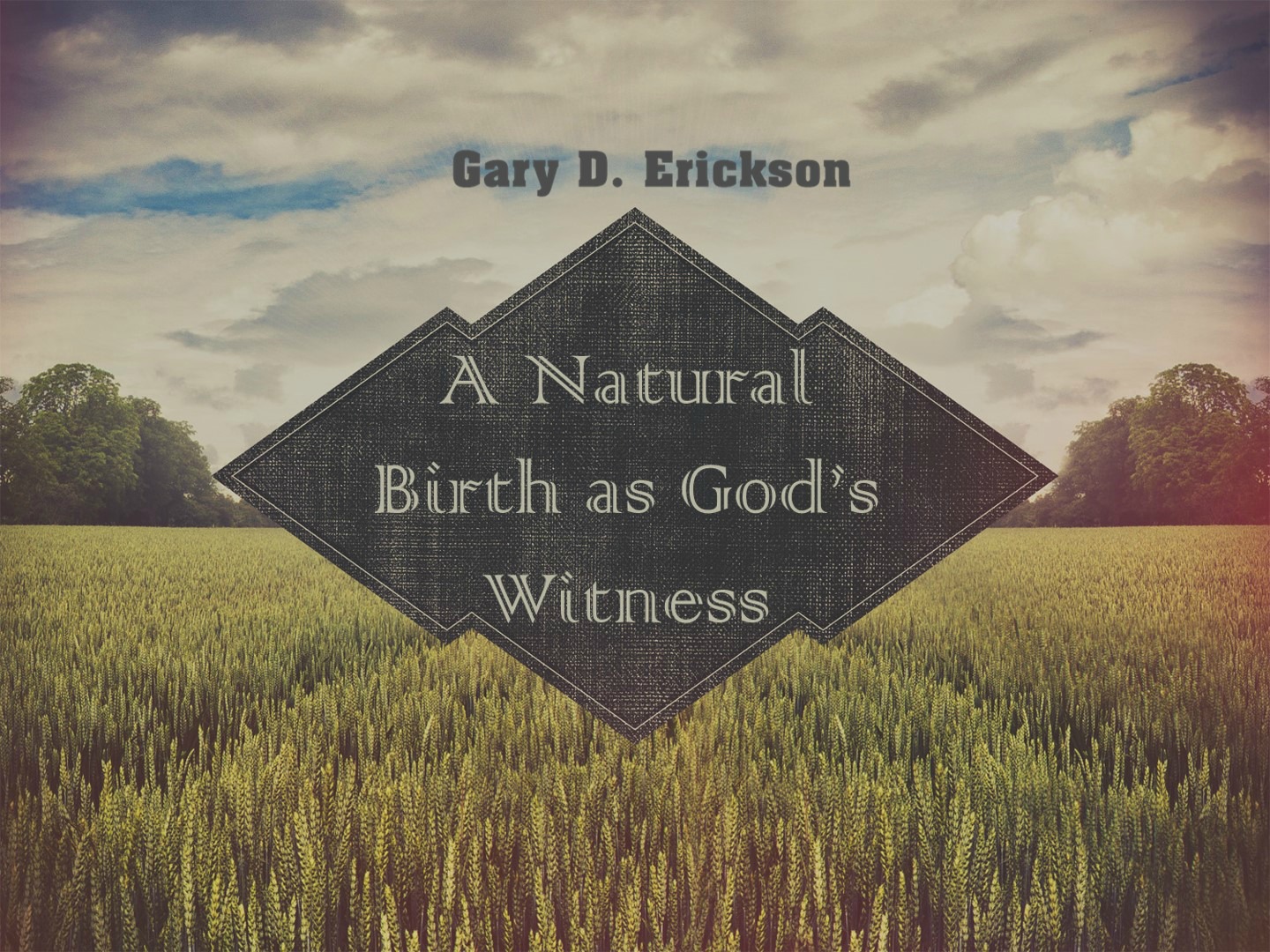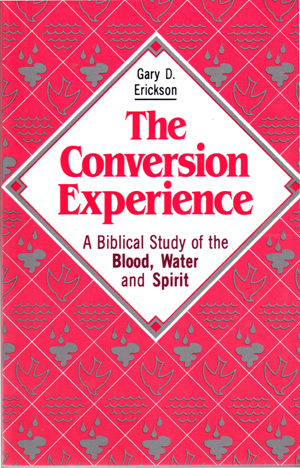Some try to minimize the importance of baptism by saying that water refers merely to the natural birth, since an unborn child is suspended in amniotic fluid. It seems ridiculous, however, to think Jesus was telling Nicodemus that a person must be born physically to enter the kingdom of God. There is absolutely no indication that the Pharisees believed in the pre-existence of souls or believed that the unborn could have a relationship with God prior to this life.
By Gary D. Erickson
To View the Entire Article, Click Here
To Download the Article Directly to Your Computer, Click Here
To View the Outline, Click Here
To View the PowerPoint, Click Here
Nicodemus was a Jewish religious leader. He later defended Jesus when Pharisees rebuked their guards for not arresting Him (John 7:50-53). Nicodemus, along with Joseph of Arimathea, asked Pilate for the body of Jesus and buried it in a new tomb (John 19:38-42).
Such displays of loyalty offer convincing evidence that Nicodemus was sincere in his pursuit of Jesus by night. Perhaps he wanted a private meeting with this new teacher without interruption from the crowd. Alone with Jesus, he could ask the most difficult questions and feel comfortable that they would be answered thoroughly in the quiet peacefulness of the night. Or perhaps it was a covert approach to avoid problems with his peers. Maybe he wanted to be sure about his feelings concerning the miracle worker be-lore publically confessing faith in Him.
Whatever his motive, Jesus did not disappoint him. Nicodemus privately received a beautiful explanation of the gospel. Jesus introduced to him a new analogy from New Testament salvation: “Ye must be born again” (John 3:7). Jesus compared conversion from sin to the kingdom of God to being “born again.”
By using this comparison, Jesus emphasized the necessity of change. Since the old life is sinful and fallen from its relation with God, it must die. To be saved, a person must undergo a spiritual transformation; he must die to the old life and be resurrected to a new life. “Therefore if any man be in Christ, he is a new creature: old things are passed away; behold, all things are become new” (II Corinthians 5:17). The salvation experience is so revolutionary and glorious in its life-changing effect that without exaggeration, it can be called a new birth.
Jesus did not offer the new birth as an option. To the contrary, He stated the necessity of the new birth in bold terms: “Except a man be born again, he cannot see the kingdom of God” (John 3:3). “Ye must be born again” (John 3:7). Aliens cannot receive naturalized citizenship into God’s kingdom, they have to become natural born citizens. “That which is born of the flesh is flesh; and that which is born of the Spirit is spirit” (John 3:6).
God refuses to make garments from patchwork. He will not sew His new seamless cloth into the threadbare, rotten rags of the sinful nature. Nor will He pour the pure vintage wine of the Holy Ghost into the old, crusty wine skins of carnality (Mark 2:21-22). The new cannot be mixed with the old, lest the new be spoiled by the decay of the old.
WATER AND SPIRIT
Nicodemus asked Jesus the meaning of this rebirth, pointing out the impossibility of naturally being reborn from his mother’s womb. In response, Jesus explained the necessity of birth by water and Spirit.
It is important to remember that at the time John the Baptist was actively preaching the need to repent, be baptized in water and look for the One who would baptize with the Holy Spirit. As were all the Jewish religious leaders, Nicodemus was familiar with John’s ministry. Clearly, then,
Jesus was describing baptism by His reference to water. He also thereby included repentance, for John preached “the baptism of repentance” and required all baptismal candidates to confess their sins and repent before he would baptize them (Mark 1:4-5; Luke 3:7-8).
To View the Entire Article, Click Here
To Download the Article Directly to Your Computer, Click Here
To View the Outline, Click Here




